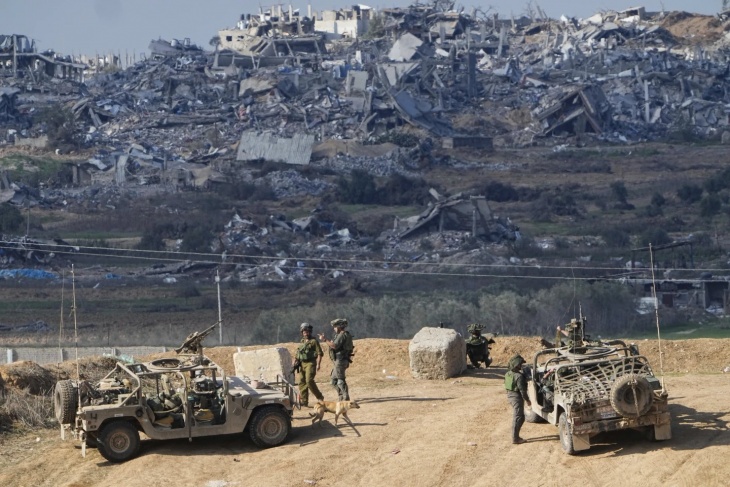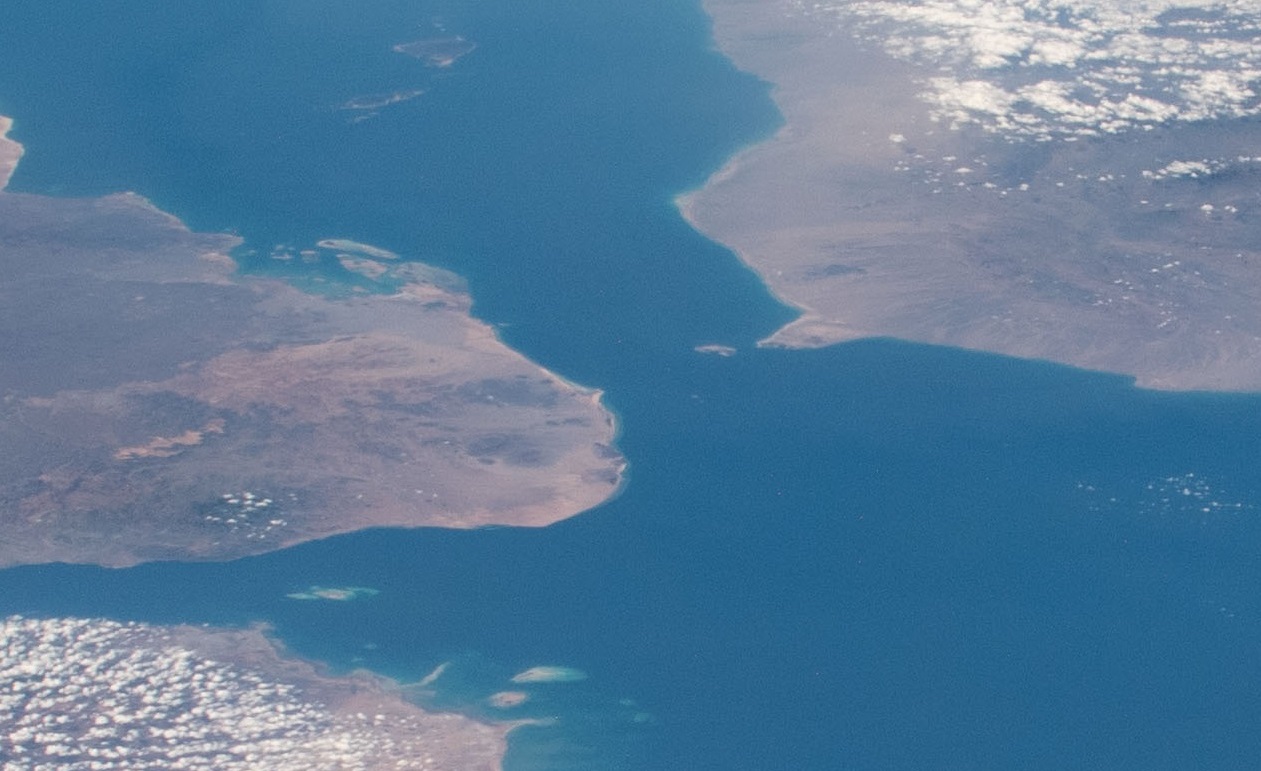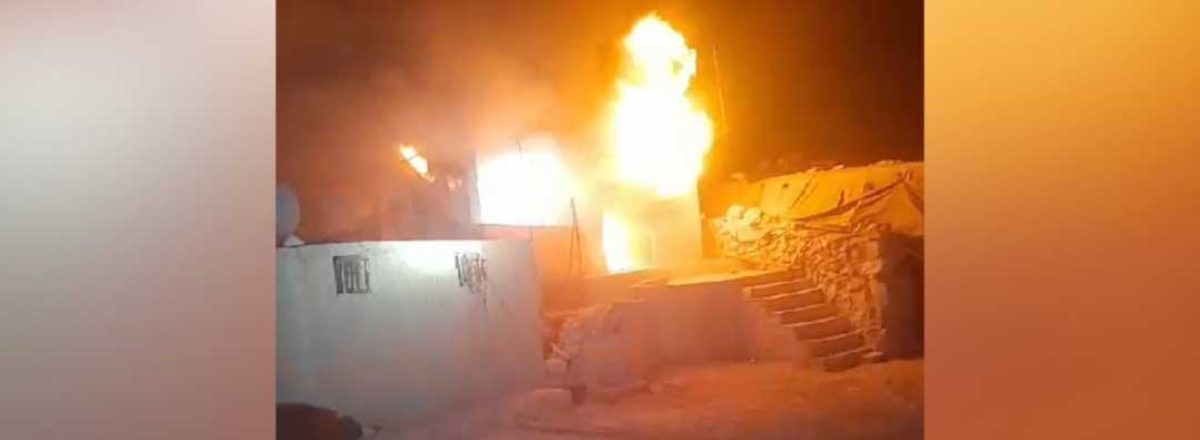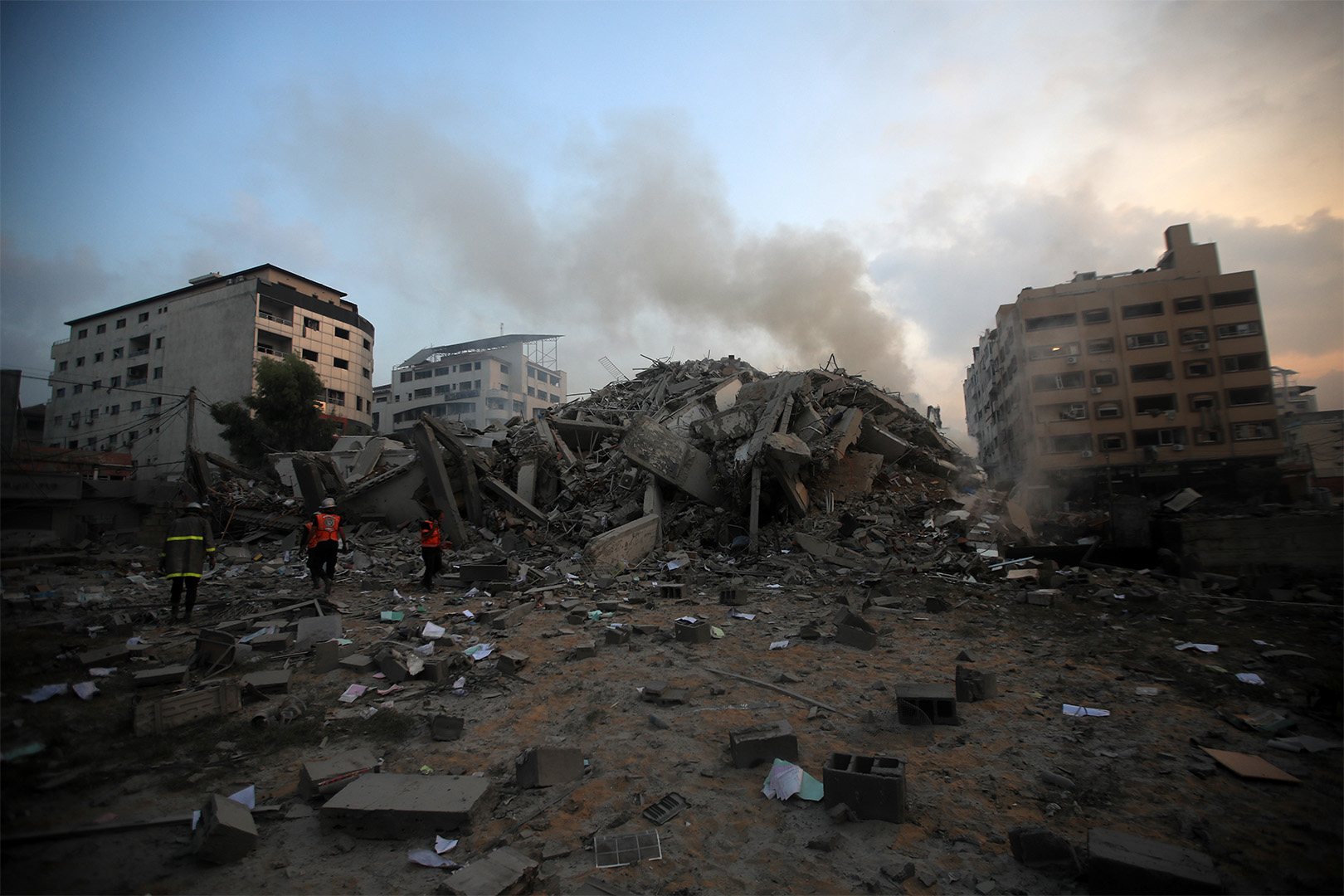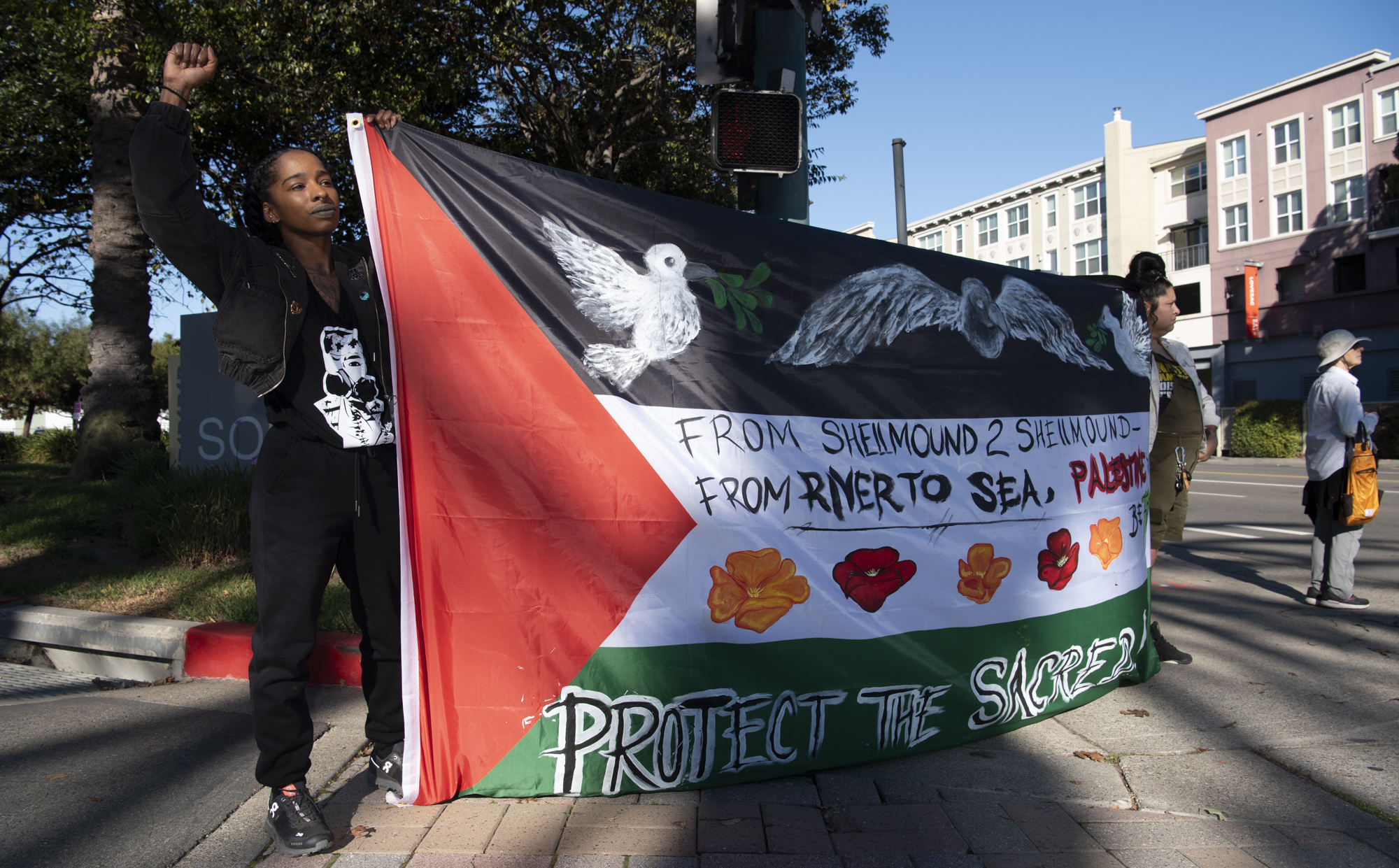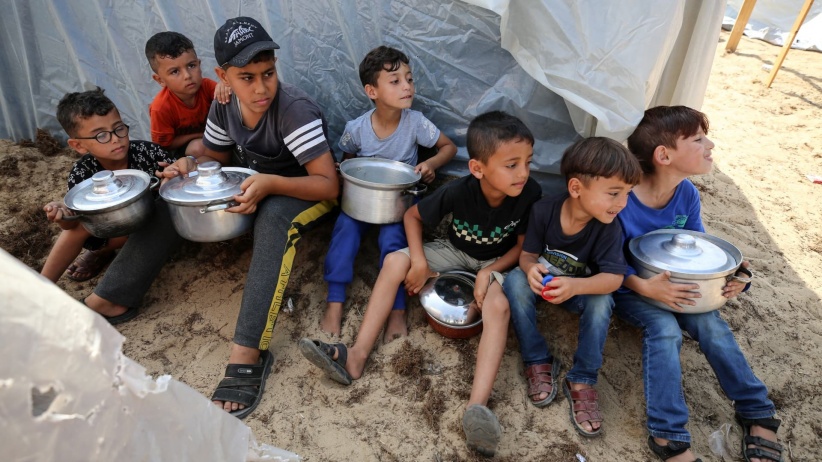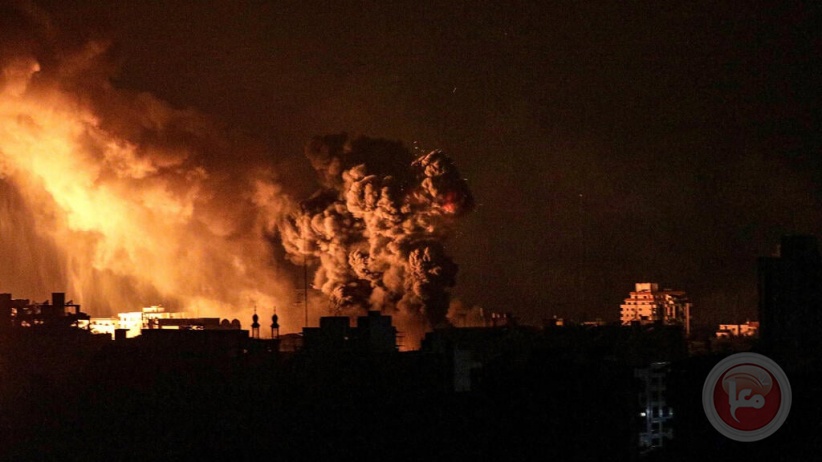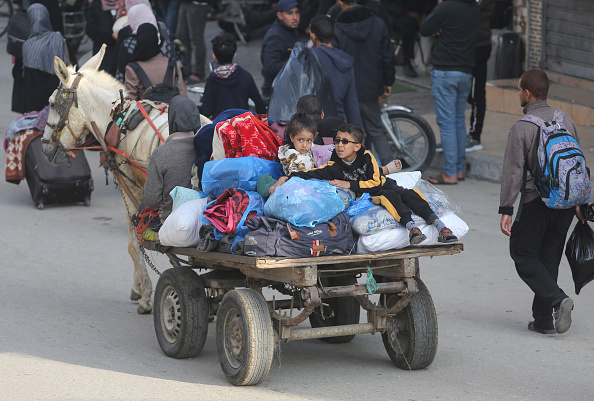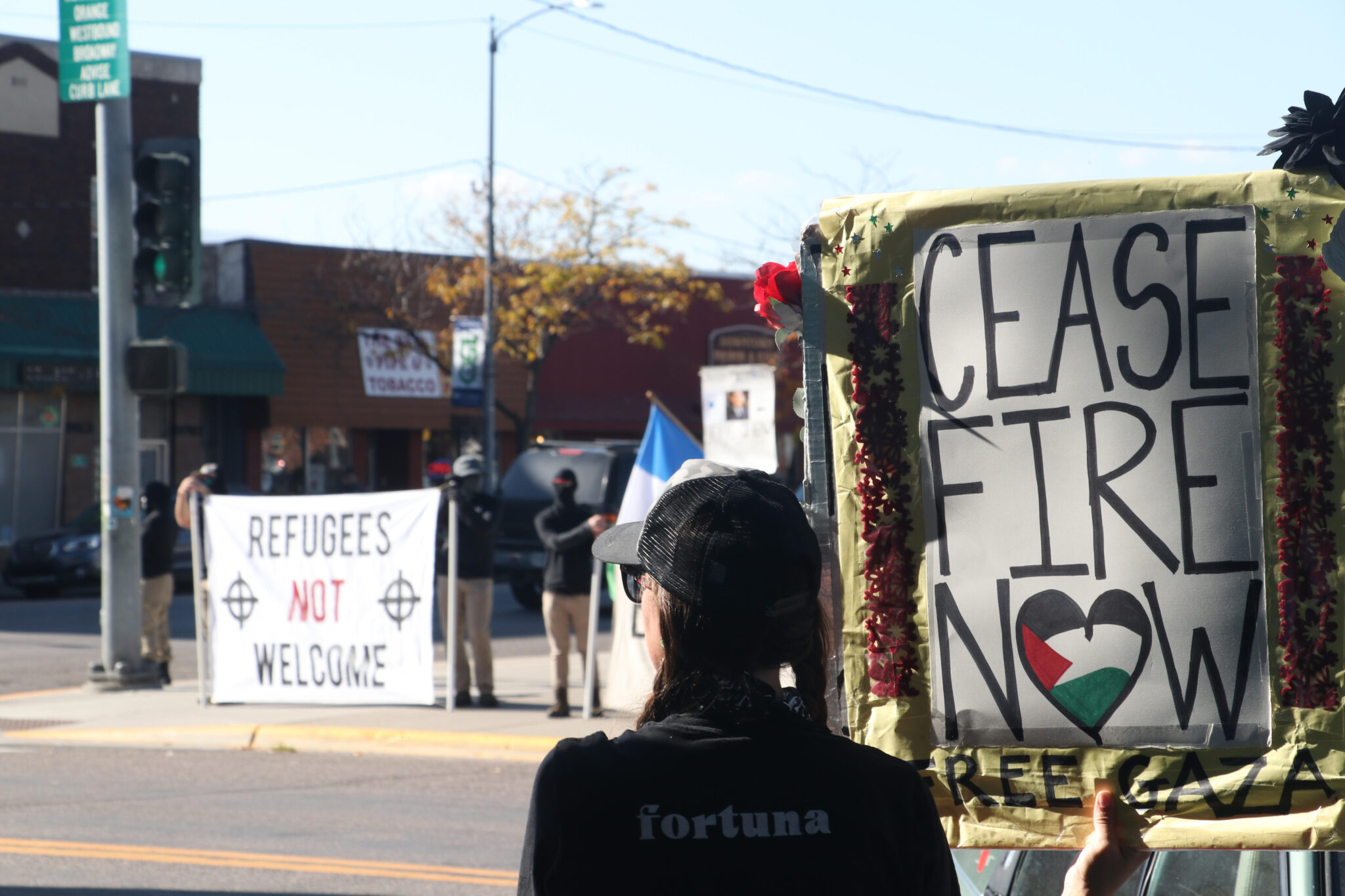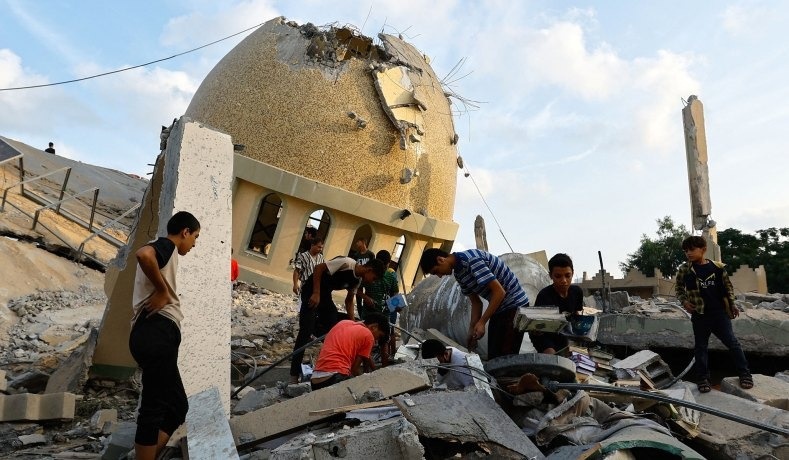
Podcast: for a meme moratorium
Meta has tweaked the Facebook algorithm to sideline links to news articles and boost “memes“—precisely the format most subject to the fabrications and distortions being aggressively peddled by both sides (yes) in the Gaza conflict. Such propaganda has already been implicated in genocide in Burma and Ethiopia. But even apart from such egregious abuses, memes are dumbing down discourse and entrenching groupthink and dogmatism—and are being pushed by Meta as part of its sinister corporate design to enclose the internet. In Episode 207 of the CounterVortex podcast, Bill Weinberg calls for a total moratorium on posting or sharing memes as a means of pressure on Meta to re-emphasize actual news articles, and deep-six the war propaganda. Listen on SoundCloud or via Patreon. (Image: Earth First! Newswire)



